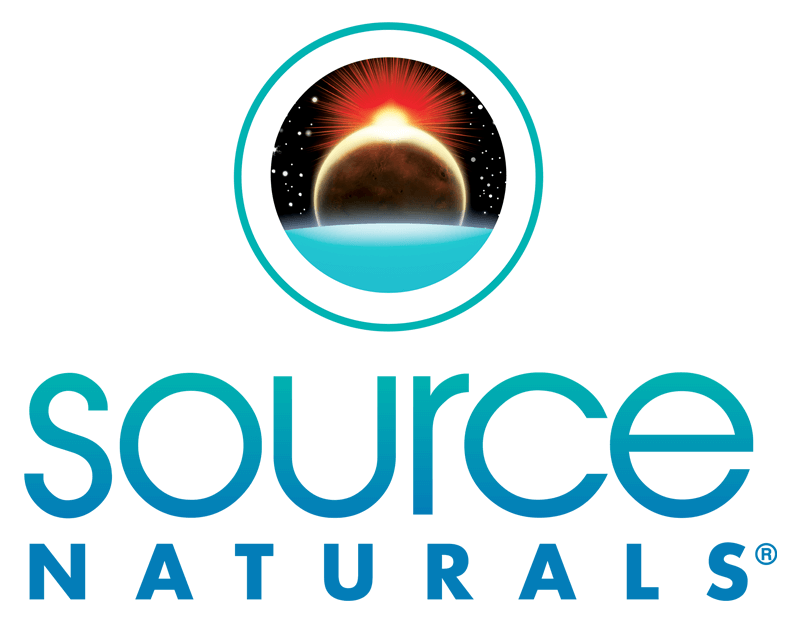
The most abundant mineral in your body, calcium comprises about 2% of your total body weight. More than building strong bones, it’s essential for your overall health.
Because your body can’t produce it, you need to get an adequate supply of calcium (plus vitamin D for absorption) in your diet every day—yet as many as 1 in 3 Americans don’t get enough, especially children, teens, and adults 50+.
What Does Calcium Do?
Your body uses 99% of its calcium to keep your bones and teeth strong. Your cells are constantly building new bone and breaking down old bone in a process called bone remodeling, which frees calcium for your body to use for other functions.
The other 1% is maintained within a narrow range in your blood and tissues; if you’re not getting enough calcium, your body takes it from your bones. Calcium supports many critical functions:
- Enables nerve conductivity, including in your brain and heart
- Helps release hormones like insulin
- Regulates how muscles and blood vessels expand and contract
- Essential for blood clotting
- In cells, facilitates division, activates certain enzymes, transports ions across cell membranes, and helps send/receive neurotransmitters
- May help promote sleep when taken at bedtime
- Helps reduce muscle cramps
As you age, bone breakdown gradually outpaces formation. You also absorb less calcium from food, so your body takes even more from your bones. Eventually, this can contribute to osteopenia (weaker bones) and osteoporosis (brittle bones).
Where to Find Calcium
Your calcium requirements can vary. The recommended daily allowance (RDA) for adults is 1,000mg/day from all sources, with a recommended upper limit of 2,500mg/day. That need increases with age: women 50+ and men 70+ need 1,200mg/day, up to 2,000mg/day.
Many foods are rich in calcium:
- Produce, including dark leafy greens (collards, kale), broccoli and broccoli rabe, edamame, bok choy, dried figs, oranges, sesame seeds, peas, almonds, dried apricots
- Seafood, like sardines (canned with bones), salmon (canned with bones), shrimp
- Dairy products, such as ricotta, yogurt, milk, cheese
- Fortified foods, including alternative milks (almond, rice, soy), tofu, cereals, orange juice
Nutrition experts recommend getting your calcium primarily from food; if you can’t get adequate calcium and vitamin D from your diet, supplements can be useful.
Getting Your Calcium from Supplements
Two kinds of calcium are the most common:
- Calcium carbonate – With 40% elemental calcium, it delivers more calcium in a smaller serving; best taken with food to optimize absorption and to help avoid gas, bloating, and constipation
- Calcium citrate – More easily absorbed but contains less elemental calcium (21%); can be taken with or without food, and is recommended for people with digestive issues or low stomach acid, including older people and those taking acid reflux medications
Both kinds of calcium can be equally effective. For best absorption, take less than 500mg at once; for example, split it between breakfast and dinner.
Moderation is key—studies show that taking more calcium than the RDA isn’t necessarily better for your bones. Your body excretes excess calcium through your kidneys, so high blood calcium can raise the risk of kidney stones for some people. Know the total calcium you’re getting from food and any supplements. For the calcium content of packaged foods, look at the percentage of Daily Value calcium in the Nutrition Facts, and add a zero (so 15% DV = 150mg calcium).
Don’t forget that your body requires vitamin D to absorb and use calcium. Many adults don’t get enough D, either, so some calcium supplements include it. You need to get enough of both every day to benefit from either one. (Another bone supporting nutrient is magnesium—get more on that important mineral here.)
Calcium can make some prescriptions less effective; talk to your doctor first if you’re being treated for osteoporosis, Paget’s disease, seizures, thyroid imbalance, hypercalcemia, or if you’re taking antibiotics or steroids. Some laxatives and antacids can pull calcium from your body or interfere with the calcium you take in.
Resources
A healthy body needs healthy bones and an adequate intake of key nutrients, including calcium. For more info, check out the references we consulted for this article.
AC Ross, et al., editors, “Dietary Reference Intakes for Adequacy: Calcium and Vitamin D,” Institute of Medicine (US) Committee to Review Dietary Reference Intakes for Vitamin D and Calcium, National Academies Press (US), 2011. Accessed 3/1/19.
Arielle Kamps, “Role of Calcium in the Body’s Nutrition,” SFGate.com, 12/19/18. Accessed 2/27/19.
Department of Medicine, “Why Is Calcium Important,” University of Wisconsin School of Medicine and Public Health, undated. Accessed 2/27/19.
Harvard Women’s Health Watch, “How Much Calcium Do You Really Need?” Harvard Health Publishing, Harvard Medical School, 8/20/18. Accessed 2/27/19.
JoAnn E. Manson, “Calcium Intake: More Is Not Better,” Medscape.com, 6/17/11. Accessed 2/27/19.
Kerri-Ann Jennings, “Calcium Supplements: Should You Take Them?” Healthline.com, 10/22/16.
Mayo Clinic Staff, “Calcium and Calcium Supplements: Achieving the Right Balance,” MayoClinic.org, 10/3/18.
Naim Maloof, “How Much Calcium Is Too Much?” MedBlog, UT Southwestern Medical Center, 2/2/15. Accessed 2/27/19.
WebMD Reference, “Confused About Calcium Supplements?” WebMD.com, 2/5/18. Accessed 2/27/19.









